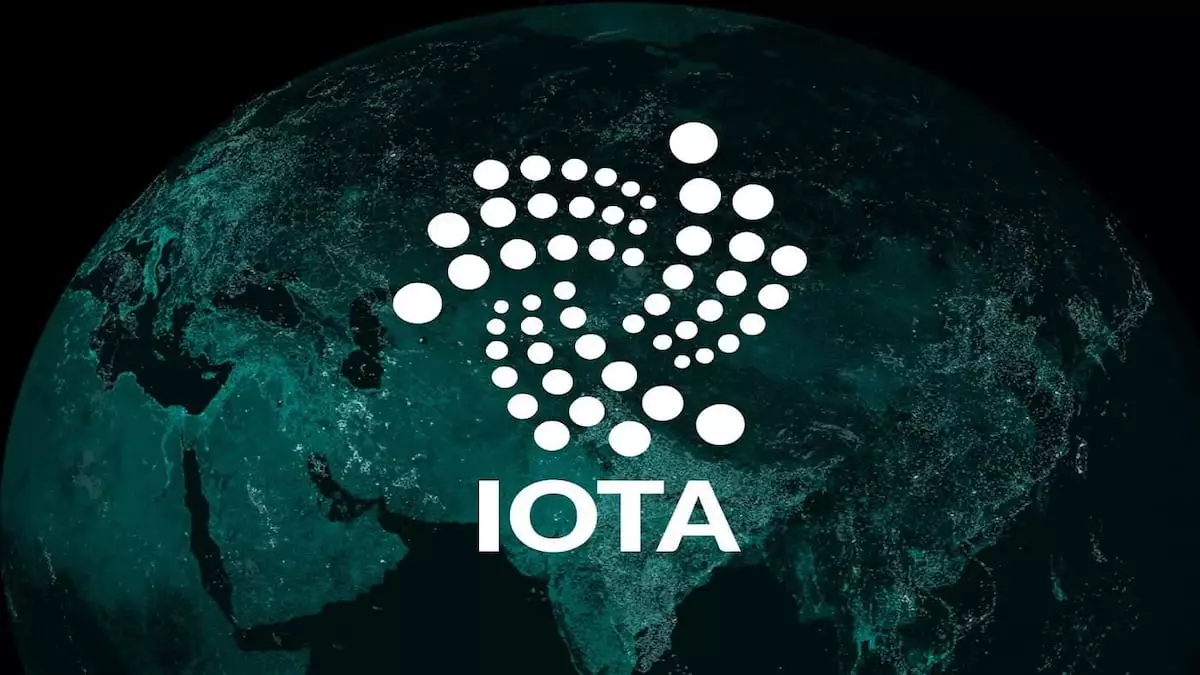The European Commission’s European Blockchain Sandbox program, which launched in 2023, provides a controlled environment for the testing and validation of new distributed ledger technology (DLT) solutions. This initiative aims to foster collaboration with regulators across the EU, enabling a thorough evaluation of innovative projects within a supportive framework. Each cohort consists of up to 20 projects selected based on factors such as maturity, legal relevance, and alignment with broader EU policy objectives.
The selection of the IOTA Foundation’s Web3 Identification Solution for the European Blockchain Sandbox program marks a significant milestone in the advancement of Know-Your-Customer (KYC) procedures and privacy within the Web3 space. This decision is pivotal in driving discussions on regulatory considerations surrounding KYC and privacy, particularly as decentralized finance (DeFi) gains traction and attracts attention from regulatory bodies.
The Web3 Identification Solution, developed by the IOTA Foundation in collaboration with walt.id, IDnow, Bloom Wallet, and HAVN, aims to revolutionize outdated KYC procedures. By leveraging distributed ledger technology (DLT) and tokenization, this solution offers a more efficient, secure, and privacy-centric method of verifying identities. The process begins with remote verification by IDnow, an established identity verification platform in Europe that complies with EU Anti-Money Laundering (AML) and KYC regulations. The encrypted identity data is then stored as a token in the Bloom Wallet, enabling users to authenticate their identity on various Web3 applications without exposing sensitive information.
The selection of IOTA’s Web3 Identification Solution for the European Blockchain Sandbox program sets the stage for crucial regulatory discussions on KYC and privacy in the Web3 space. As DeFi continues to attract regulatory scrutiny, the solution’s ability to tokenize and securely store identity data offers a seamless and reusable KYC process, reducing the need for redundant verifications and enhancing user satisfaction. This initiative aligns with broader European efforts to enhance digital identity verification, as demonstrated by the upcoming implementation of the European Digital Identity (EUDI) regulation.
In addition to the Web3 Identification Solution, the IOTA ecosystem has seen further enhancements through collaborations with partners like Pyth Network. The integration of Pyth’s oracle services into the IOTA EVM enhances data accuracy and security for decentralized exchanges (DEXs), lending protocols, and derivatives platforms. This collaboration underscores the industry’s push towards robust digital identity solutions and regulatory compliance in an increasingly digital landscape.
The implementation of IOTA’s Web3 Identification Solution in the European Blockchain Sandbox reflects the innovative approach of the IOTA Foundation and its partners in transforming identity verification for the Web3 realm. This progress not only fosters regulatory dialogue but also lays the groundwork for heightened user privacy and security in online transactions. As the industry evolves, solutions like these will play a crucial role in shaping the future of digital identity verification and regulatory adherence.















